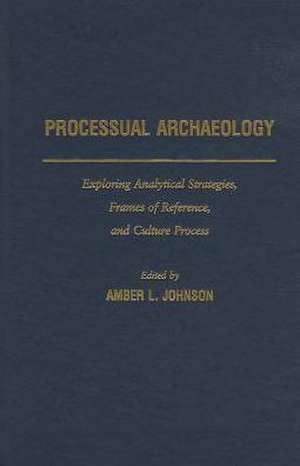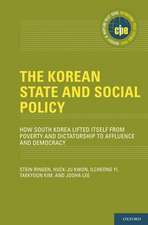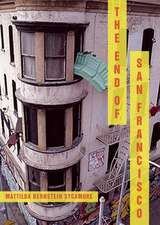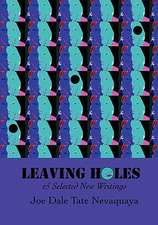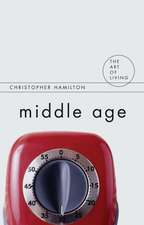Processual Archaeology: Exploring Analytical Strategies, Frames of Reference, and Culture Process
Autor Amber Johnsonen Limba Engleză Hardback – 29 noi 2004 – vârsta până la 17 ani
Preț: 440.79 lei
Preț vechi: 605.91 lei
-27% Nou
Puncte Express: 661
Preț estimativ în valută:
84.36€ • 87.74$ • 69.64£
84.36€ • 87.74$ • 69.64£
Carte tipărită la comandă
Livrare economică 14-28 aprilie
Preluare comenzi: 021 569.72.76
Specificații
ISBN-13: 9780275978433
ISBN-10: 0275978435
Pagini: 364
Dimensiuni: 156 x 235 x 33 mm
Greutate: 0.68 kg
Ediția:New.
Editura: Bloomsbury Publishing
Colecția Praeger
Locul publicării:New York, United States
ISBN-10: 0275978435
Pagini: 364
Dimensiuni: 156 x 235 x 33 mm
Greutate: 0.68 kg
Ediția:New.
Editura: Bloomsbury Publishing
Colecția Praeger
Locul publicării:New York, United States
Notă biografică
AMBER L. JOHNSON received her Ph.D. in anthropology from Southern Methodist University in 1997 and is currently an assistant professor of anthropology at Truman State University. Her research interests are in learning to explain variability in the pace and pattern of long term culture change processes through comparison of archaeological sequences on a global scale.
Cuprins
Prelude: Searching for Home in the Modern Landscape of Archaeology by Robert L. KellyThe Goals of Processual Archaeology by Amber L. JohnsonMiddle Paleolithic Assemblage Formation at Riparo Mochi by Steven L. KuhnTaphonomy and Site Structure of a Late Paleolithic Open-air Site by James G. EnloeModes of Ceramic Production and Distribution: Some Observations from Philippine Ethnoarchaeology by William A. LongacreMobility, Sendentism, and Intensification: Organizational Responses to Environmental and Social Change among the San of Southern Africa by Robert K. HitchcockPoison Hunting Stategies and the Organization of Technology in the Circumpolar Region by Alan J. OsbornThe Functional Hypothesis Revisited: An Evaluation of Cumulative Graphs Using the Mousterian in the Eastern Sahara of Egypt and in Southwest France by Fred Wendorf and Romauld SchildPopulation Ecology, Predator-Prey Dynamics, and Paleolithic Society by Mary C. StinerOn Niche Breadth, System Stability and the Importance of a Phrase by Amber L. JohnsonNiche--A Productive Guide for Use in the Analysis of Cultural Complexity by Lewis R. BinfordSolving Meno's Puzzle, Defeating Merlin's Subterfuge: Bodies of Reference Knowledge and Archaeological Inference by LuAnn Wandsnider
